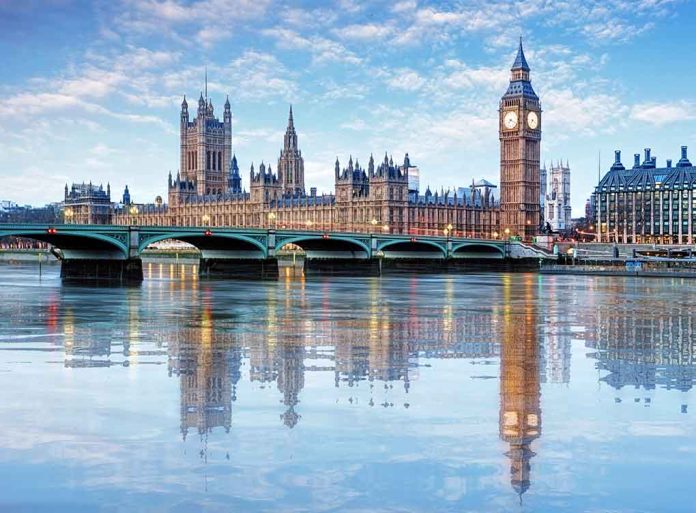
The UK faces mounting unrest as a petition for a new general election, driven by discontent with the Labour government, gathers steam.
At a Glance
- A petition for a new UK general election surpasses two million signatures.
- Criticism surrounds Labour’s unfulfilled promises and increased taxes.
- Prime Minister Keir Starmer’s approval plummets, fueling public discontent.
- Calls for a new election gain support from prominent figures like Nigel Farage and Elon Musk.
Public Dissatisfaction Grows
Dissatisfaction with the Labour government is propelling a petition that has exceeded two million signatures. This widespread discontent is primarily linked to perceived failures to honor campaign promises since the government’s election in July. Notably, tax increases totaling £40 billion have sparked particular ire among the electorate, who feel they were misled. Prominent supporters such as Nigel Farage and Elon Musk have lent their voices to the movement, amplifying its reach and prominence.
Prime Minister Keir Starmer’s administration, despite securing a landslide victory with 9.7 million votes, now faces severe criticism for decisions like cutting the Winter Fuel Allowance and ending a £2 bus fare cap. The administration’s stance on agriculture and tax policies, especially the hike in inheritance tax, have further fueled public discontent among communities reliant on traditional industries.
Prime Minister’s Struggling Popularity
Keir Starmer, since taking office, has seen a dramatic 43-point drop in approval ratings, a reflection of the deepening dissatisfaction with his administration. Despite the criticism, Starmer acknowledges the challenges of governance but insists on the importance of remaining in power. “I’m not surprised that very many people didn’t vote Labour at the last election – I’m not surprised that many of them want a re-run,” he remarked.
Opponents criticize the government’s policies on social media regulation, leading to accusations of spreading disinformation. Elon Musk’s assertion that the Labour government had gone “full Stalin” captures the intensity of backlash against perceived overreach.
Call a General Election is trending in the United Kingdom because a petition demanding a fresh election has surpassed 1.8 million signatures.
This reflects public dissatisfaction with the Labour government's policies and perceived broken promises since the last election.
The… pic.twitter.com/tZR93vJRnw
— Why It Is Trending (@trendingblog247) November 25, 2024
Debate Amidst Questionable Petition Validity
Although the petition has surpassed the 100,000 signature mark making it eligible for parliamentary debate, concerns about its validity have arisen. Reports suggest possible fake entries from regions like North Korea and Antarctica, casting doubt on the authenticity of the public sentiment it conveys. However, the petition data shows that 99.3% of the signatures have come from the U.K. Regardless, polling expert Sir John Curtice notes a consistent decline in Labour’s approval ratings, indicating a tangible disillusionment amongst voters.
“The British public feel like they have been betrayed with the promises that were told in the lead to the election and then what has been delivered since – it looks nothing like what was promised,” said Michael Westwood who started the petition.
While the petition has garnered significant attention and support, it’s important to note that it does not have the power to automatically trigger a new general election. As the Labour government grapples with these challenges, it remains to be seen how they will address the concerns of an increasingly disillusioned electorate while pursuing their policy agenda.






















